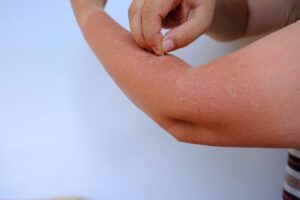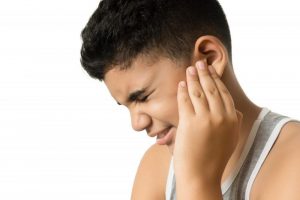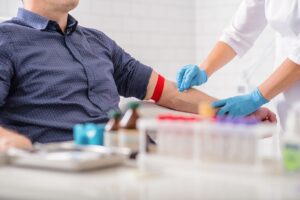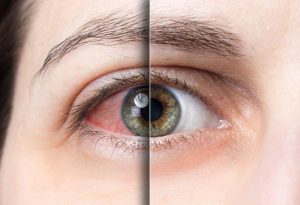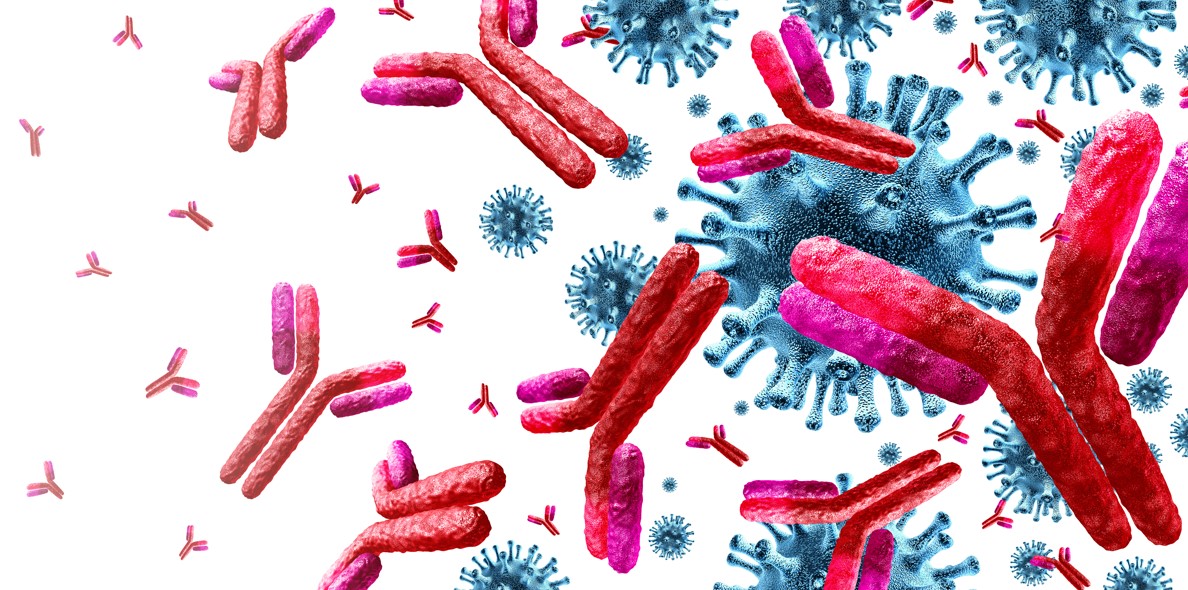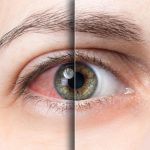Antigen and antibodies are often mixed up like a jigsaw puzzle by a lot of common people. In reality, these two are entirely different entities.
But before we decode the difference between antigen and antibody, let’s first understand the two in simple words. Simply put, antigens are the invaders in your body, whereas antibodies are the soldiers that defend and protect your body against antigens.
Read further to learn more about the two molecules and how they’re used for diagnosis and treatment today.
What Is An Antigen In Simple Words?
Antigens are foreign small molecules that activate the defense system (immune system) when they enter into your body. For example, bacteria, viruses, parasitic worms and pollens. As a response to an antigen, our body releases millions of antibodies into the bloodstream and some other systems that help fight against the antigens.
However, not all antigens are dangerous for your body. You have millions of them on your red blood cells but they are known as safe antigens by our immune system because they’re not recognized as foreign molecules by our body.
Any foreign molecule (antigen) is considered harmful by the defense system and can trigger symptoms like fever, itching, inflammation of the body parts, allergic reactions or even autoimmune responses.
What Is An Antibody and What Are Its Types?
Antibodies, also known as immunoglobulins, are the knights of our body that identify and neutralize the antigens and eliminate them. These are Y-shaped proteins made by our white blood cells, B lymphocytes or B cells and are found in our blood.
As soon as the B cells encounter an antigen (a foreign molecule), they divide and clone to form plasma cells, which are antibody factories. These plasma cells make large quantities of antibodies that are specific to the antigen, like a key that fits into a lock.
Some common types of antibodies present in our body are listed in the table down below:
| Antibodies | Function |
| IgG | The most common type of antibody found in saliva, tears and breast milk provide long-term protection. |
| IgM | First antibody secreted by plasma cells in response to antigen (foreign molecule) |
| IgA | Most abundant type of antibody that collects the antigen and removes it from the body through secretions like mucus, tears and saliva. |
| IgE | It reacts with allergens and plays an important role in triggering the allergic inflammatory process in diseases such as allergic rhinitis. |
| IgD | They are found in small quantities on the surface of B cells. Their function is to trigger the release of IgM antibodies. |
5 Main Differences Between Antibody and Antigen
In short, antigens make you sick whereas antibodies protect against the antigen by generating an immune response.
| Antigen | Antibody | |
| Also known as | Immunogens | Immunoglobulins |
| Molecular type | Proteins or large polysaccharides | All antibodies are made up of proteins |
| Function | Smaill foreign molecules that trigger an immune response in the body | They identify and neutralize the antigens and eliminate them |
| Effect | Antigens can make you sick by causing allergic reactions or certain illnesses. | Antibodies protect you against the antigens and play a vital role in eliminating them. |
| Where they originate? | Most antigen are usually made outside the body. | Antibodies are made inside the body with the help of B cells. However, preformed antibodies can be injected to provide immediate immunization in case of emergencies. |
What Is The Role Of Antibodies In Vaccines?
During the colder season, we usually see a noticeable rise in influenza vaccine usage due to viral colds and flu. These vaccines stimulate the production of antibodies in your body against a specific antigen.
For instance, the influenza vaccine usually contains a weakened antigen (which has lost its property of producing disease). As a response, B-cells start producing plasma cells which then secrete an army of antibodies against the influenza virus. These freshly produced antibodies in the body now play a vital role in eliminating and preventing the influenza virus in the body.
Your body can also prevent future influenza infection as some B-cells in your body transform into memory B cells. These specialized cells identify the same antigen in subsequent encounters and can produce a secondary immune response even if you’ve not been vaccinated for a similar strain of influenza virus.
Role of Antigen And Antibody In COVID-19 Testing
A COVID-19 test is performed to confirm the diagnosis of infection with the SARS-CoV-2 virus. The test is most commonly performed in three ways:
Antigen test: In this test, the amount of the antigen is measured by collecting a sample from your nose or throat using a swab. This is the most common type of test that helps the diagnosis of COVID-19. Therefore, if the antigen test is negative, molecular tests are ordered by the doctor for COVID-19 diagnosis.
Molecular test: This is ordered by the doctor when you have asymptomatic COVID-19 or when the doctor needs to confirm whether you have an active infection or not. It measures the genetic material of the virus and is more accurate than the other available tests.
Antibody tests: This is a common test for COVID-19, which is used to detect whether you’ve developed antibodies against the SARS-CoV-2 virus. It gives an idea of a previous infection or immune response to vaccination.
Bottomline
All in all, the most common difference between antigens and antibodies is the effect that they have on the body. Antigens are foreign small molecules that trigger the immune response and cause allergic reactions and illnesses whereas antibodies protect you against the harmful effect of antigen.
The distinct functions of antigens and antibodies are used to develop vaccines and tests that help combat and detect the illness and disease, respectively.





